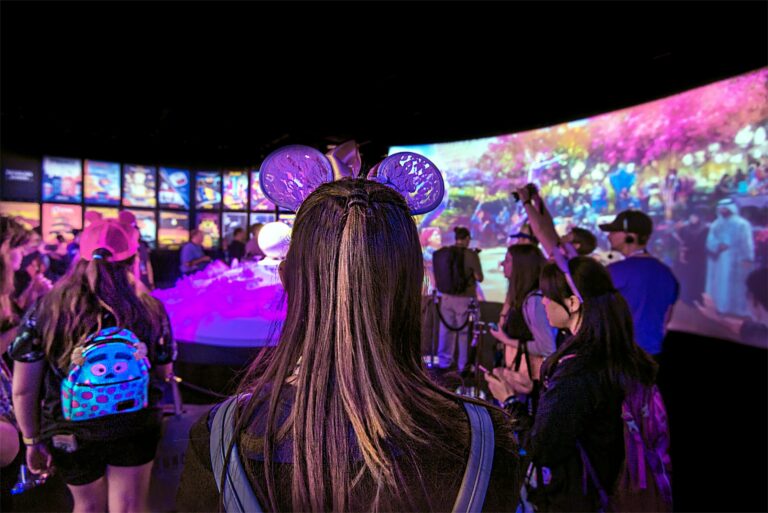In May 2025, the sports and entertainment industries in the United States are undergoing a transformation, driven by the integration of virtual reality (VR), augmented reality (AR), and esports into mainstream culture. These technologies are reshaping the way fans engage with their favorite sports and athletes, offering immersive experiences and new forms of entertainment that go beyond traditional media consumption.
One of the most exciting developments in 2025 is the rise of VR sports experiences, which are now becoming a staple for fans who want to experience live events from home. Virtual reality platforms like Oculus and HTC Vive have partnered with major sports leagues like the NFL, NBA, and MLB to offer fans the chance to attend games virtually, sitting courtside or behind home plate in an immersive 360-degree experience. These VR experiences are making it possible for fans to engage with their favorite sports in ways that were once unimaginable.
Esports, too, is becoming a dominant force in the entertainment landscape. In 2025, competitive gaming has become a global industry worth billions of dollars, with games like League of Legends, Fortnite, and Valorant drawing massive audiences to both live events and streaming platforms. Major sports networks like ESPN and NBC now broadcast esports tournaments, attracting millions of viewers worldwide. Esports leagues are flourishing, with college and professional leagues providing scholarships and career opportunities for young players.
The integration of AR technology is also changing the fan experience at live events. At major sports arenas, AR devices like smart glasses allow fans to access real-time statistics, player bios, and interactive content, enhancing their viewing experience. This immersive technology is also being used to enhance the entertainment at concerts and festivals, where attendees can interact with virtual performances and holograms of their favorite artists.
The convergence of traditional sports, esports, and immersive technologies is creating an entirely new entertainment ecosystem, one that is more interactive, accessible, and engaging for fans. As the U.S. sports and entertainment industries continue to evolve in 2025, it’s clear that technology is transforming the way Americans experience and consume entertainment.


